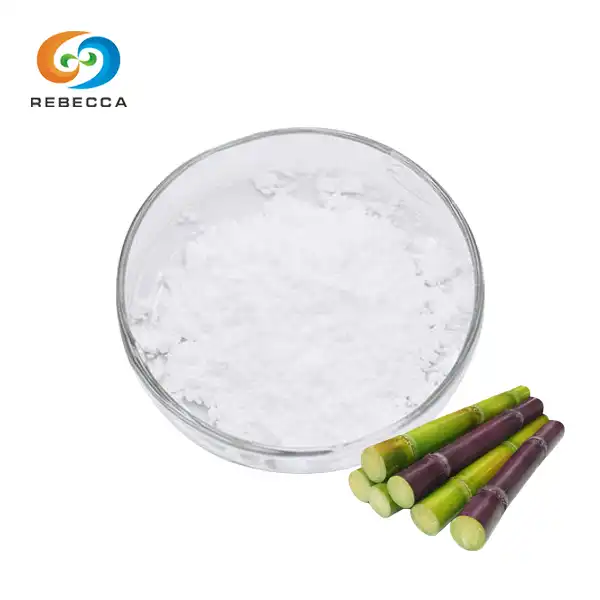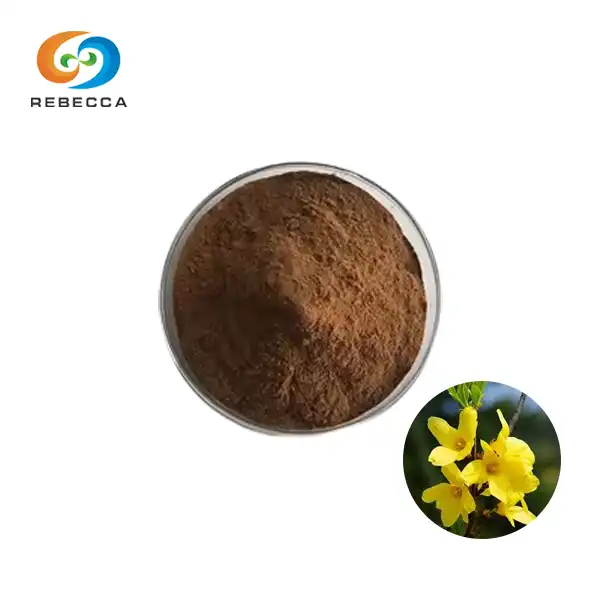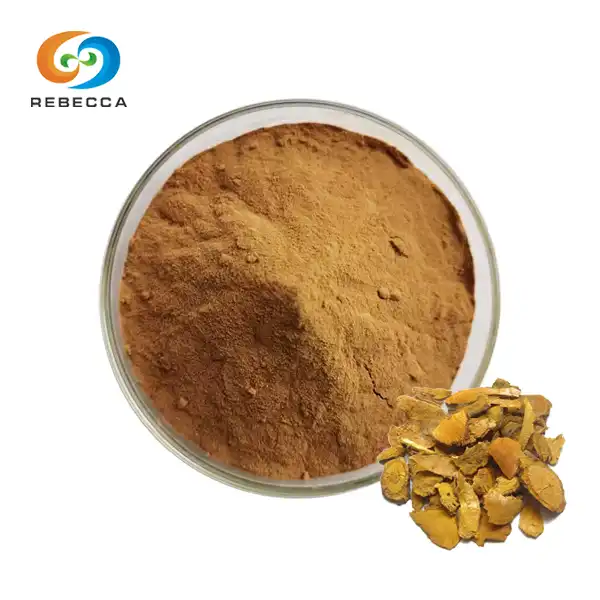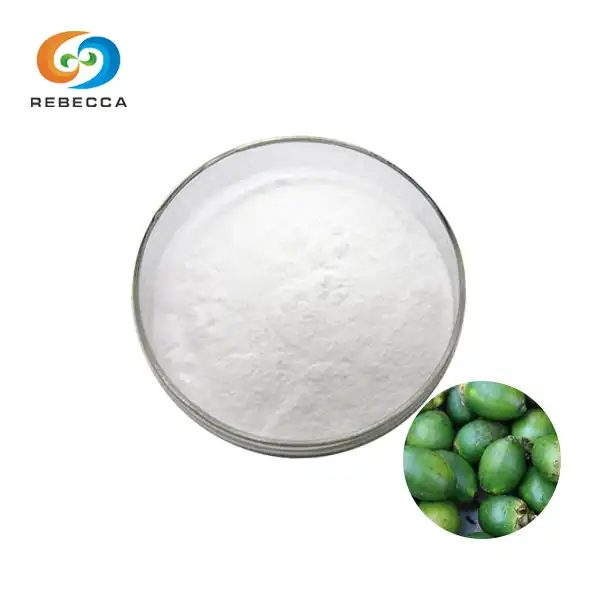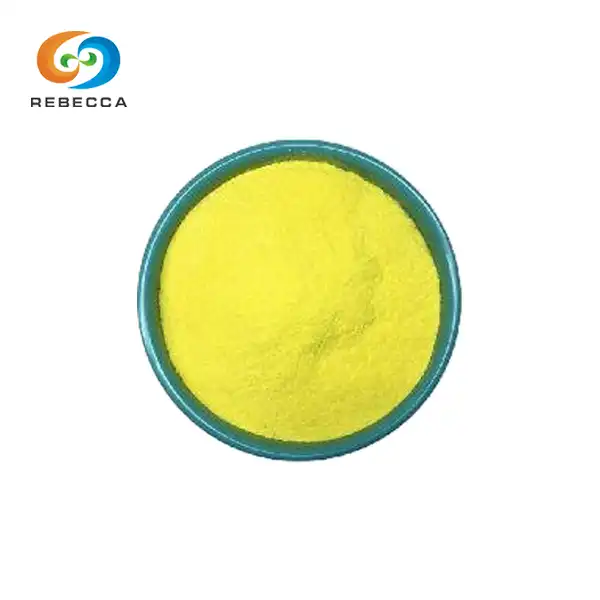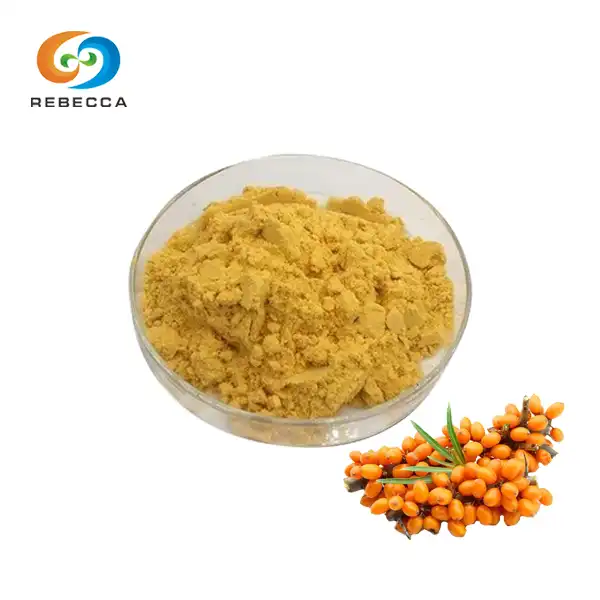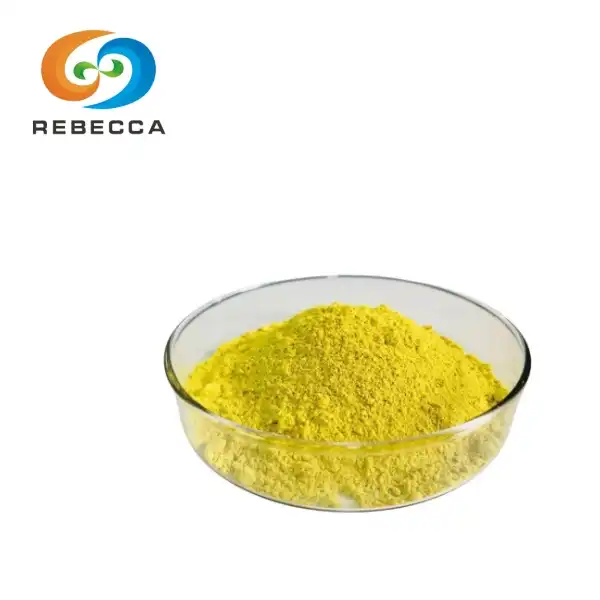Is pure creatine monohydrate ok to take every day?
Creatine monohydrate is one of the most popular and well-researched sports supplements available. Athletes and fitness enthusiasts often use it to enhance performance and increase muscle mass. However, questions about its daily use and long-term effects persist. In this comprehensive guide, we'll explore the safety, dosage recommendations, and expert opinions on daily supplementation of pure creatine monohydrate powder.

Daily Dosage Recommendations for Pure Creatine Monohydrate
When it comes to supplementing with pure creatine monohydrate powder, understanding the correct dosage is crucial for maximizing benefits while minimizing potential side effects. The most common and well-studied dosing protocol involves two phases: a loading phase and a maintenance phase.
During the loading phase, which typically lasts 5-7 days, the recommended dosage is 20 grams per day, divided into four 5-gram servings. This higher initial dose helps to rapidly saturate muscle creatine stores. However, it's worth noting that while this loading phase can accelerate the process, it's not strictly necessary. Some individuals prefer to skip the loading phase and move directly to the maintenance dose, which can still effectively increase muscle creatine levels over time, albeit more slowly.
After the loading phase, or for those who choose to skip it, the standard maintenance dose is 3-5 grams per day. This amount is sufficient to maintain elevated muscle creatine levels and support ongoing performance benefits. It's important to note that these are general guidelines, and individual needs may vary based on factors such as body weight, muscle mass, and activity level.
Some research suggests that the timing of creatine intake may influence its effectiveness. While the evidence is not conclusive, taking creatine close to your workout (either before or after) may be beneficial. Additionally, consuming creatine with a source of carbohydrates or as part of a meal may enhance its uptake by muscles.
It's crucial to remember that more is not always better when it comes to creatine supplementation. Exceeding the recommended dosage is unlikely to provide additional benefits and may increase the risk of side effects. Always start with the lowest effective dose and consult with a healthcare professional or a registered dietitian before beginning any new supplement regimen, especially if you have pre-existing health conditions or are taking medications.

What are the Long-Term Effects of Daily Creatine Use?
As one of the most extensively studied supplements, creatine monohydrate pure powder has been the subject of numerous long-term studies examining its safety and efficacy. The majority of research indicates that long-term use of creatine, when taken at recommended doses, is safe for healthy individuals.
One of the primary concerns about long-term creatine use has been its potential impact on kidney function. However, multiple studies have shown that creatine supplementation does not negatively affect kidney function in individuals with healthy kidneys. A study published in the Journal of the International Society of Sports Nutrition found no detrimental effects on renal function in athletes who used creatine for up to five years.
In terms of efficacy, long-term creatine use has been associated with sustained improvements in muscle strength and size. A meta-analysis of studies on creatine supplementation found that individuals who took creatine long-term (more than 12 weeks) experienced greater increases in lean body mass compared to those who took it for shorter periods.
Interestingly, some research suggests that long-term creatine use may have benefits beyond athletic performance. Studies have explored its potential neuroprotective effects, with some evidence indicating it could be beneficial in managing certain neurological disorders. However, more research is needed in this area.
While the overall safety profile of creatine is positive, it's important to note that individual responses can vary. Some people may experience minor side effects such as weight gain due to water retention, digestive discomfort, or muscle cramps. These effects are generally mild and often resolve with continued use or by adjusting the dosage.
It's also worth mentioning that the long-term effects of creatine use in specific populations, such as adolescents or older adults, are less well-studied. Therefore, these groups should exercise caution and consult with a healthcare provider before starting long-term creatine supplementation.

Expert Opinions on Daily Supplementation of Creatine Monohydrate
The consensus among sports nutrition experts and researchers is largely positive regarding the daily use of pure creatine monohydrate powder. Many leading organizations in sports medicine and nutrition have issued statements supporting its use as a safe and effective ergogenic aid.
The International Society of Sports Nutrition (ISSN) has stated that creatine monohydrate is the most effective ergogenic nutritional supplement currently available to athletes in terms of increasing high-intensity exercise capacity and lean body mass during training. They also assert that creatine monohydrate is safe, with no long-term adverse health effects reported in the literature.
Dr. Richard Kreider, a renowned expert in exercise and sports nutrition, has conducted extensive research on creatine. He states, "Creatine monohydrate is one of the most extensively studied and clinically effective supplements for athletes and exercising individuals. It has been shown to be safe and effective in hundreds of studies." Dr. Kreider emphasizes that when used as directed, creatine can significantly enhance exercise performance and training adaptations.
Another prominent researcher in the field, Dr. Eric Rawson, notes that creatine's benefits extend beyond just athletes. He suggests that creatine supplementation could have potential therapeutic applications for various populations, including older adults and individuals with certain neurological disorders. However, he also stresses the importance of using creatine as part of a comprehensive nutrition and exercise program.
While the majority of expert opinions are favorable, some researchers caution against unsupervised use in certain populations. Dr. Andrew Jagim, Director of Sports Medicine Research at the Mayo Clinic Health System, advises that adolescents should only use creatine under the guidance of a healthcare provider or sports dietitian. He also recommends that individuals with pre-existing kidney issues consult their doctor before starting creatine supplementation.
It's important to note that while experts generally agree on the safety and efficacy of creatine monohydrate pure powder, they also emphasize the importance of using a high-quality, pure creatine monohydrate product. The purity and quality of the supplement can significantly impact its effectiveness and safety profile.

Best Pure Creatine Monohydrate
In conclusion, the evidence and expert opinions largely support the safety and efficacy of daily supplementation with pure creatine monohydrate powder. When used as directed, it can be an effective tool for enhancing athletic performance and muscle growth, with potential benefits extending to other areas of health. However, as with any supplement, it's crucial to use high-quality products and consult with healthcare professionals, especially for individuals with pre-existing conditions or those in specific population groups.
Are you in search of a top-tier pure creatine monohydrate powder? Look no further than Rebecca Bio-Tech, a professional manufacturer and supplier renowned for our meticulous attention to detail. We offer free samples and MSDS documents upon request. Get in touch with us at information@sxrebecca.com to place your order or inquire further.
References:
- Kreider RB, et al. International Society of Sports Nutrition position stand: safety and efficacy of creatine supplementation in exercise, sport, and medicine. J Int Soc Sports Nutr. 2017;
- Buford TW, et al. International Society of Sports Nutrition position stand: creatine supplementation and exercise. J Int Soc Sports Nutr. 2007;
- Candow DG, et al. Strategic creatine supplementation and resistance training in healthy older adults. Appl Physiol Nutr Metab. 2015;
- Rawson ES, et al. Safety and efficacy of creatine supplementation in exercise, sport, and medicine. J Int Soc Sports Nutr. 2018;
- Gualano B, et al. In sickness and in health: the widespread application of creatine supplementation. Amino Acids. 2012;
- Branch JD. Effect of creatine supplementation on body composition and performance: a meta-analysis. Int J Sport Nutr Exerc Metab. 2003;
